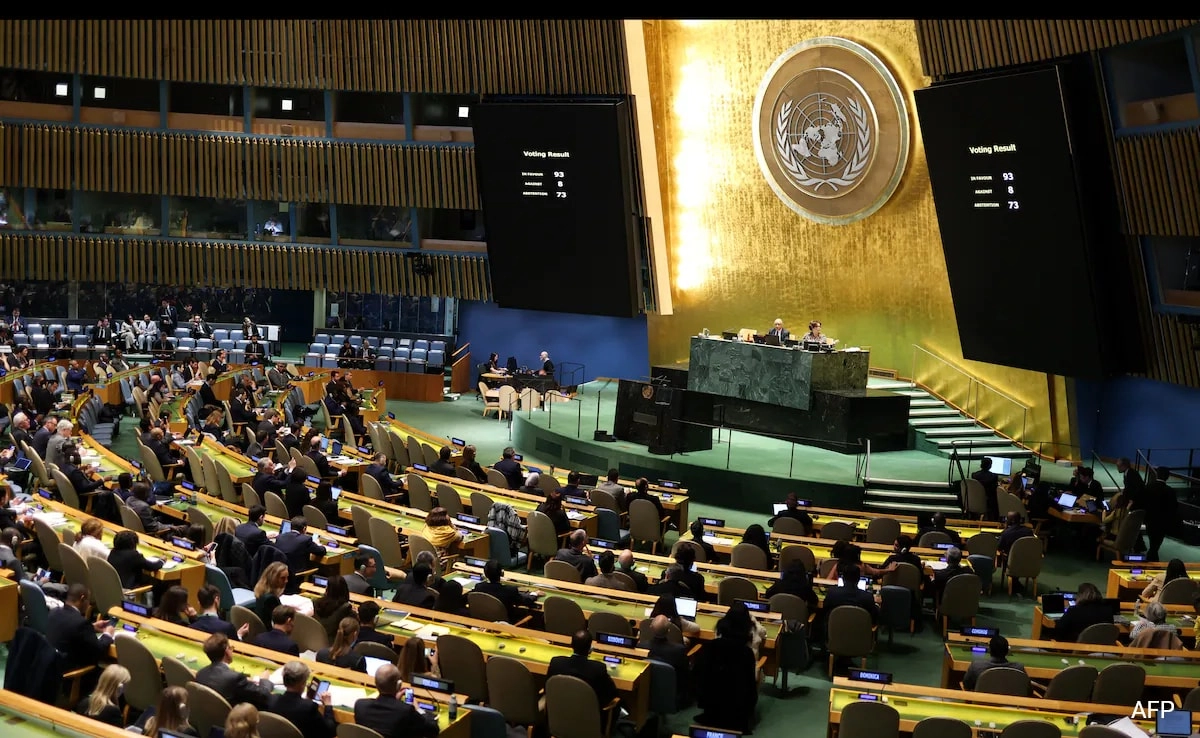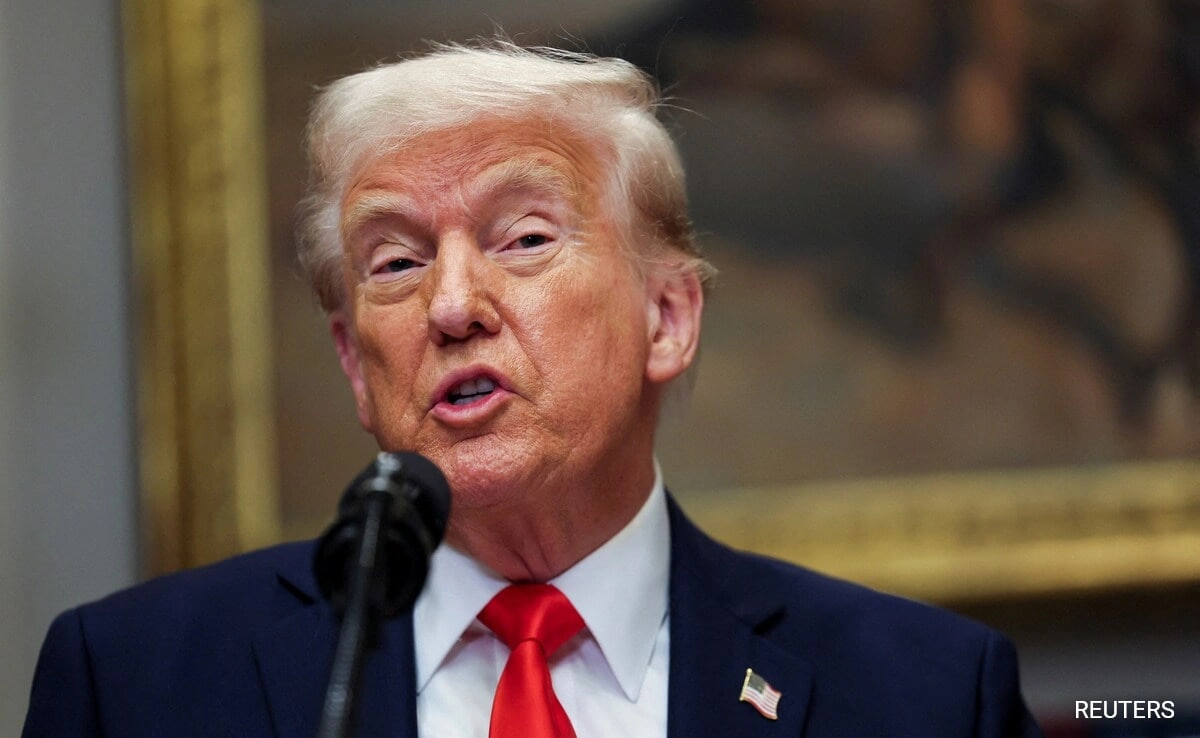The United States is reportedly contemplating a visa ban on certain Iranian and Brazilian officials in response to their participation in an upcoming United Nations meeting in New York. This move seems to stem from broader geopolitical tensions, particularly concerning Iran’s controversial activities and Brazil’s recent diplomatic alignments. The potential ban underscores the U.S. government’s ongoing efforts to exert pressure on nations it perceives as acting contrary to international norms or U.S. interests.
The discussions around the visa ban highlight the complexities of international diplomacy, especially in environments like the UN, where dialogue is crucial for resolving global issues. Iran’s actions, particularly regarding its nuclear program and support for groups labeled as terrorist organizations by the U.S., have long been points of contention. On the other hand, Brazil’s foreign policy has evolved under its current leadership, which has sought to strengthen ties with nations that the U.S. has criticized, thus complicating the dynamics at play.
The implications of such a visa ban could be significant, potentially impacting diplomatic relations and the effectiveness of discussions at the UN. By restricting access to key officials, the U.S. may aim to send a clear message about its stance on specific issues, while also reinforcing its commitment to international security and human rights standards. However, this approach could also have unintended consequences, such as further alienating nations with which the U.S. could benefit from dialogue and cooperation.
As the UN meeting approaches, the situation remains fluid, with various stakeholders closely monitoring the developments. The potential visa ban reflects the intricate balance that countries must navigate in the realm of international relations, where every decision can reverberate across borders, influencing not just bilateral ties but also broader global agendas. The outcome of this situation could set a precedent for how the U.S. engages with nations that challenge its policies, ultimately shaping the landscape of international diplomacy in the coming years.




